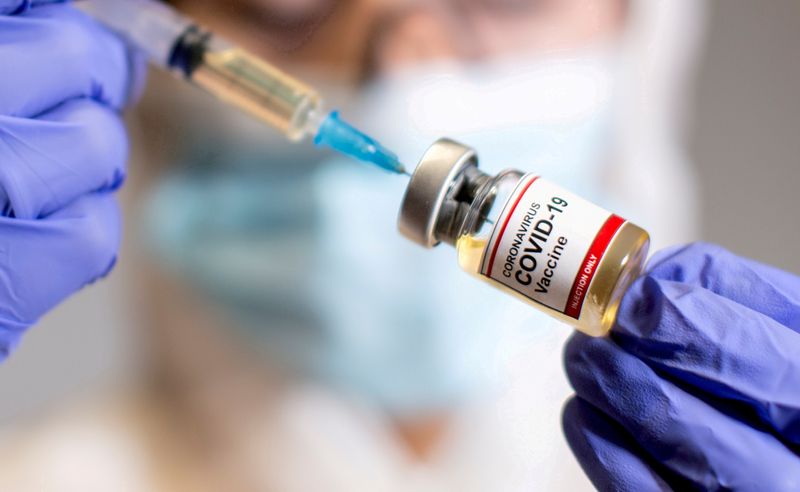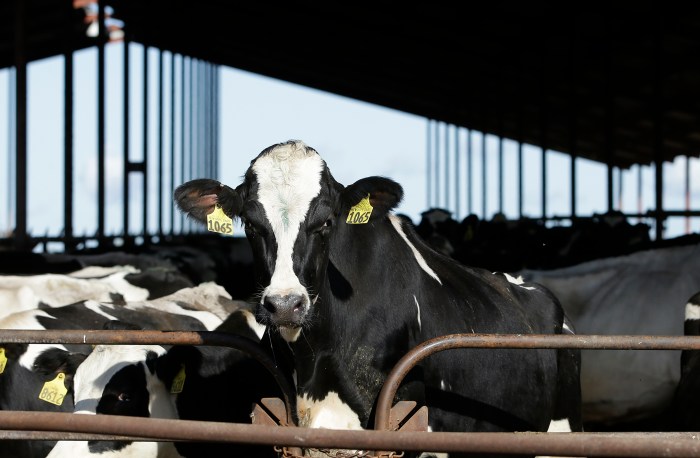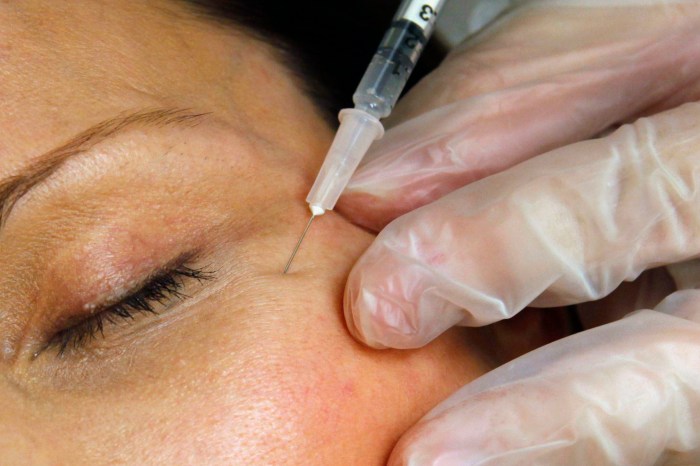MILAN (Reuters) – Italy’s second COVID-19 vaccine candidate, COVID-eVax, is likely to start trials in early March after it was approved by the national drug regulator last week, one of the biotech firms leading the project said on Monday.
COVID-eVax was designed by Rome-based Takis and developed with Italian peer Rottapharm Biotech. It is based on a DNA fragment, unlike other COVID-19 vaccines already approved by the European medicines regulator EMA, which are based on mRNA or on adenoviral vectors.
“We expect to start the first week of March, complete phase 1 in July and phase 2 in October,” Lucio Rovati, chairman and scientific director of Rottapharm told Reuters.
“Then we expect to have finished Phase 3 in spring 2022,” he said.
Italy’s drug regulator AIFA on Feb. 3 authorised clinical trials of COVID-eVax, which will be carried out in three Italian hospitals, in Naples, Rome and Monza.
Italy’s other COVID-19 vaccine candidate – developed by Italian biotech firm ReiThera with Germany’s Leukocare and Belgium’s Univercells – is already in phase 2 clinical trials and is based on an adenoviral vector, the same technology used by AstraZeneca and Johnson & Johnson.
The development of COVID-eVax took off in February 2020 when Takis launched a crowdfunding initiative, but raised just 53,000 euros ($63,923.30). In June, Rottapharm joined in, providing funds and looking for new investors.
None have been secured so far but Rovati said the companies were in talks to get more funding.
“We are in regular dialogue with the Italian government on one hand and with the European investment bank (EIB) on the other,” he said.
COVID-eVax is based on a DNA fragment injected into the muscle that promotes the production of a portion of the virus’ spike protein, stimulating an immune reaction.
“DNA is a cheap and stable molecule and does not need a cold chain. Most importantly, its flexibility allows it to be easily adapted against new virus variants,” Takis CEO Luigi Aurisicchio said in the company’s statement on Feb. 3.
However, DNA is also a larger molecule than RNA, and to get it into muscle cells it is necessary to use electroporation, a mini electric jolt that is injected with a ‘gun’ rather than a syringe.
“This is why we are collaborating with another Italian company, IGEA, which manufactures electroporators. So I don’t think there will be any supply problems,” Rovati said.
($1 = 0.8291 euros)
(Reporting by Emilio Parodi; Editing by Susan Fenton)



















